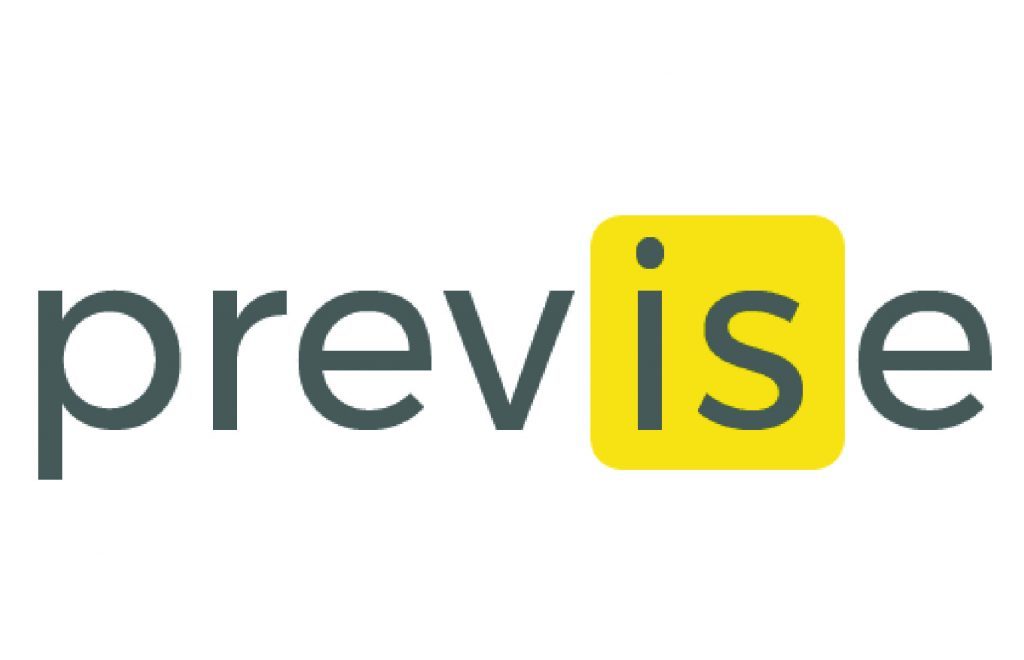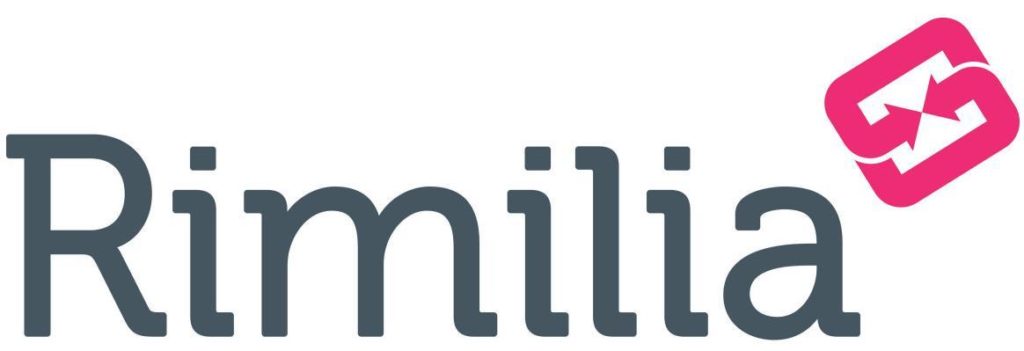Top Corporate Accelerators in the UK
Category: Uncategorized
One way we identify if companies have high-growth potential is if they have attended an accelerator programme. We only deem programmes that validate the ambition and growth prospects of participating companies as accelerators, regardless of how programmes describe themselves.
Corporate accelerators are a niche type of accelerator which support fast-growing businesses and are managed by a corporate body. Backing from an organisation enhances the reputation of the accelerator, whilst also providing attending companies with a valuable opportunity to meet contacts from the managing business. In this post, we profile five corporate accelerators, looking at their eligibility criteria and support offered to participants, and one thriving startup that has graduated from each programme.
Entrepreneur Accelerator
Entrepreneur Accelerator supports startup and scale businesses
across the UK. The 12 Entrepreneur Accelerator hubs are operated by
the RBS group across the UK. The hubs appear under the NatWest
brand in England and Wales, Royal Bank of Scotland in Scotland and
Ulster Bank in Northern Ireland.
The Entrepreneur Accelerator programme has been fully endorsed
by the Scale Up Institute, for “putting an increasing focus on scaleups
through its Entrepreneur Accelerator, providing flexible office space
plus a wide-ranging package of support.” They further described the
Next Level programme as an “…expanded .. offering .. providing
more comprehensive support to the 100 most promising scaling
businesses.”
The Entrepreneur Accelerator offers numerous programmes to
support entrepreneurs at different stages of their entrepreneurial
journey:
- A ‘Pre-Accelerator’ programme (supporting early stage startup
entrepreneurs) - An ‘Accelerator’ programme (supporting high growth businesses)
- A ‘Fintech’ programme (supporting established fintech
entrepreneurs) - A ‘Next Level’ programme (supporting scale and pre-scale
businesses) - An Alumni Network (supporting entrepreneurs who have
graduated from the numerous programmes).
- A ‘Pre-Accelerator’ programme (supporting early stage startup
A range of criteria are considered when determining whether
businesses are accepted onto these programmes. These include
whether the business employs staff, whether the entrepreneur is
working full-time on the business and whether there are customers
seeking the product or service being offered. The Entrepreneur
Accelerator doesn’t take any equity stake in participating businesses.
Successful applicants of the accelerator receive a range of support
services throughout the six month programme to help them grow,
including free office space, access to business mentors, access to
networks and supply chains and one-on-one coaching. Companies
can attend the accelerator up to three times, meaning the programme
can last a maximum of 18 months.

Previse
Previse attended Entrepreneur Accelerator from October 2018 until April 2019, and helps SMEs receive quicker payments from clients. Late payments disrupt cash-flow and can force SMEs to undertake expensive financing, which could cripple their business. Previse develops a machine learning algorithm that automates payments. This AI-powered payment system offers buyers the option to instantly pay their invoices as soon as they are received for a small fee – which is split between Previse and the buyer. These instant payments ensure that SMEs have sufficient cash-flow, whilst easing the burden of expecting payments for more problematic invoices. Since it was registered in July 2014, Previse has raised £7.63m of equity finance and £800k in grants, as well as attending three other accelerators.

PwC Scale Programmes
PwC Scale Programmes is a series of 13 programmes that help scale businesses across different sectors, including AI, insurtech and health. Most of these programmes have three application criteria: the applying business must have a validated product, must be revenue generating and must be approaching Series A investment and beyond. PwC Scale Programmes do not request an equity stake in startups in exchange for attendance. Rather, they charge a fixed fee ranging between £5,000 – £7,500 based on the programme.
Each of these 13 programmes range from 10 – 12 weeks in length, and most will require the attendees to present to several different groups; firstly to specialist coaches, then to PwC business leaders and finally to PwC’s corporate executive network. The aim of these pitches and presentations is to enable entrepreneurs to expand their network and receive valuable feedback from experts, which can help them to scale and grow their business in the right direction. Attendees can also make use of PwC’s network of corporate decision-makers to explore partnerships and grow their client base.

Tessian
Tessian was formed in January 2013 and develops software that detects unauthorised, misdirected and phishing emails in order to prevent cybersecurity threats. Tessian’s software incorporates machine-intelligent filters which understand the difference between safe and unsafe e-mails, so that dangerous e-mail activity can be predicted and prevented.
Tessian has raised £44.4m in equity finance and has been featured on multiple high-growth lists – most recently the Regtech 100, 2019. Tessian has also participated in several accelerators, attending the PwC GovTech Scale Programme in May 2018. The GovTech Programme aims to support fast-growing startups that can deliver opportunities which mutually benefit themselves and the public sector. The programme introduced Tessian and the 11 other members in the cohort to public sector decision makers, investors and thought leaders.
Lloyd’s Lab
Lloyd’s Lab accelerator supports insurtech companies that are developing innovative concepts, ideas and products in the insurance marketplace. Managed by L Marks, Lloyd’s Lab only accepts companies who offer innovative technological solutions to Lloyd’s. Examples of solutions include improving Lloyd’s underwriting decision process, reducing acquisition expenses and making Lloyd’s operations more efficient. Because of this requirement, attendees are usually later-stage startups who have already secured some equity finance. However, Lloyd’s Lab is still open to accepting suitable early-stage startups and non-insurance businesses who offer useful applications to the insurance industry.
To attend the programme, businesses don’t need to part with any equity and are not required to sign an exclusivity agreement. Rather, Lloyd’s Lab prefers to invest in businesses who present a long-term opportunity. During the 10 week programme, businesses are partnered with mentors, work with market experts and are given product validation and advice from Lloyd’s stakeholders. Businesses are also given working space and have the opportunity to receive funding.

Floodflash
Floodflash was founded in September 2016 and provides flooding insurance for businesses, undertaking a unique ‘event-based’ insurance process. Firstly, customers select a trigger depth, which a tailored quote is based upon. A mobile connected sensor is then installed and as soon as it detects the trigger depth has been reached, an instant, predetermined payout is made. The payout value is set by an algorithm which takes a range of factors into consideration, such as records of previous flood events and historic rainfall records. Floodflash has already raised £2.1m of equity and been featured in the Insurtech Impact 25 2019 high-growth list. It was a member of Lloyd Lab’s most recent cohort and only recently graduated, attending from September – November 2019. To gain entry, Floodflash had to present before 50 insurance experts and successfully progressed as an attendee.

MDR LAB
Launched in 2017, MDR LAB offers support to tech startups in the legal space. MDR LAB is managed by L Marks and sponsored by UK law firm Mishcon de Reya (MDR). The programme is flexible on the size of its attendees, accepting both early stage startups (who have a concept but limited resources) and growth startups (who are at the revenue-generating stage). MDR LAB only requires that the product or service being offered is applicable to the legal industry, ideally within the litigation, transactional law, real estate, cyber and business law areas. Attendees are not required to give up equity to join the programme. Instead, investment decisions are made at the programme’s conclusion.
Successful applicants embark on a 10 week programme where they gain the opportunity to pilot and improve their products. Advice, support and mentorship is provided by Mishcon de Reya lawyers and business experts. The programme also aims to deepen attendees’ understanding of the problems lawyers face in everyday work, so they can develop and test more effective solutions. Once the programme has concluded, businesses showcase their achievements at a demo day, where they can offer ideas for future engagement with Mishcon de Reya and seek investment. In its three years of running, the law firm has invested in three companies: Thirdfort, Ping and Everchron, whilst working closely under commercial agreements with three others.

Orbital Witness
Orbital Witness is a legaltech business that was formed in April 2017 and develops technology to help property lawyers gain a detailed understanding of the properties they are working on. Satellite imagery was initially the main source of Orbital Witness’ data, building on the expertise of co-founders’ Ed Boulle and Will Pearce, who had previously worked in the space industry. Now, Orbital Witness also provides property and legal data – derived from sources such as the Land Registry and local councils – to provide a comprehensive assessment on a piece of land and property. Orbital Witness attended MDR LAB in May 2017, almost immediately after being formed, with the accelerator guiding their direction in its initial stages. Since attending the accelerator, Orbital Witness has raised £658k in funds, whilst also receiving two grants totalling £243k.
Co-founder Will Pearce is very strong in his praise for MDR LAB:
Orbital Witness entered MDR LAB as a pre-revenue, pre-product startup in 2017. Through spending 10 weeks working alongside Mishcon's property lawyers and accessing the mentorship and guidance on offer in the LAB, we were able to iterate on a first MVP of our product whilst in-situ amongst our intended users and develop a detailed understanding of their problems in a way that would previously have been impossible. The immense impact and reach of MDR LAB extended after graduation; Mishcon helped us raise our first pre-seed investment round and eventually became our first customer. Without MDR LAB it is hard to see how Orbital Witness would exist.
Will Pearce, Co-Founder, Orbital Witness
Microsoft ScaleUp (London)
Microsoft ScaleUp (previously Microsoft Accelerator) aims to support and develop growth-stage technology businesses. ScaleUp is the UK component of the global ‘Microsoft for Startups’ initiative, designed to support startups as they grow. Microsoft ScaleUp uses an extensive list of criteria when considering whether a startup can join the programme. Priority is given to B2B startups who offer innovative, technical solutions that best serve Microsoft’s customer base. Businesses must also have been in existence for less than five years, and are expected to have completed a funding round within this time.
Successful applicants have access to sales, marketing and technical resources over the course of the 4–6 month programme. They are also given access to Microsoft industry experts and sales leaders who provide advice on how to build a durable culture and sell into an enterprise. Additional ongoing mentorship is provided, with applicants assigned to a team of ‘success managers’ who support them during the programme. This support, coupled with access to the Microsoft network, is intended to provide the means for established startups to expand their products and scale globally.

Rimilia
Rimilia was formed in June 2008 and develops cash allocation software, which helps businesses manage and automate their B2B payments. Rimilia has developed an AI platform, using robotic process automation (RPA) technology software, that can indicate whether issues in receiving payments are likely to arise. Businesses thus receive an early warning of potential working capital issues, giving them more time to plan ahead. Rimilia has raised £23.7m over two funding rounds so far, and attended the Microsoft ScaleUp as part of the accelerator’s 9th cohort, from March–July in 2018. Rimilia got the opportunity to collaborate with existing Microsoft partners as part of the program, whilst also receiving support in generating its marketing strategies. A year after graduating from the programme, Rimilia raised £4.53m at a pre-money valuation of £35.2m.
Discover the UK's most innovative companies.
Get access to unrivalled data on all the businesses you need to know about, so you can approach the right leads, at the right time.
Book a 40 minute demo to see all the key features of the Beauhurst platform, plus the depth and breadth of data available.
An associate will work with you to build a sophisticated search, returning a dynamic list of organisations matching your ideal client.